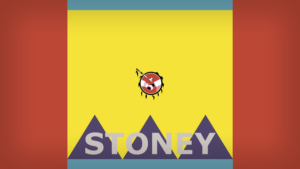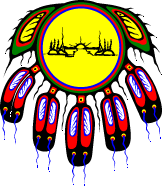Stoney / Nakoda First Nations
Since time immemorial, the Stoney Nakoda First Nations have lived along the eastern slopes of the Rocky Mountains. The Nakoda live on three separate reserves in Alberta. The original reserve land allocation (through Treaty 7) is adjacent to the Rocky Mountains, located 65 kms west of Calgary on the Trans-Canada Hwy between Calgary and Banff. It is referred to as the Morley Reserve. During the 20th century, two smaller satellite reserves were subsequently established, the Big Horn Reserve (265 kms northwest of Morley) and the Eden Valley Reserve (120 kms south of Morley). The Nakoda represent a population of 3100 in three distinct bands: Chiniki, Wesley and Bearspaw. Courtney has collaborated with Nakoda community members since 2005 and currently works with Elders on a SSHRC IDG grant with Bill Snow, Consultation Manager for the Nakoda Tribal Administration. Nakoda Elder Roland Rollinmud wrote the foreword to Courtney’s book: Spirits of the Rockies: Reasserting an Indigenous Presence in Banff National Park (Toronto: University of Toronto Press, 2014).
Wawakapewin First Nation
Wawakapewin First Nation is located on Long Dog Lake in northwestern Ontario. The community is situated along the southeast shoreline of the Ashewieg River. By air Wawakapewin is 580 km north of Thunder Bay, Ontario and is accessible by chartered aircraft equipped with either floats or skis. The Asheweig Winter Roads Corporation is responsible for building a winter road network linking five other First Nations and providing access to southern centers through Pickle Lake for approximately two months of the year. The history or Wawakapewin has been handed down through oral tradition from Elders. The Wawakapewuk are descendants of the people who lived and used this land and its resources for at least 7000 years. The people of Wawakapewin maintain the practices of hunting, fishing, trapping, and plant gathering. Courtney has worked with community members in Wawakapewin since 2010 on a Collaborative Action on Childhood Obesity project. Simon Frogg, the late Oji-Cree Elder from Wawakapewin wrote the foreword to Courtney’s co-edited book: Michael A. Robidoux., Courtney W. Mason. (eds.), A Land Not Forgotten: Indigenous Food Security and Land-Based Practices of Northern Ontario (Winnipeg: University of Manitoba Press, 2017).
Fort Providence
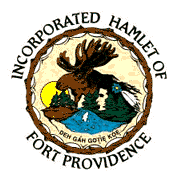
Fort Providence is situated on the northeast bank of the Mackenzie River, 233 kilometers southwest of Yellowknife. Located just off the Mackenzie highway, Fort Providence is an important link between communities north and south of the Mackenzie River. It has a population of about 759 Dene and Métis peoples. Its traditional name is “Zhahti Kue,” which means, “Mission House.” Courtney has worked with community members in Fort Providence since 2012 on a number of projects: Collaborative Action on Childhood Obesity, Students for Canada’s North, Centre for Global and Community Engagement.
http://fortprovidence.lgant.ca/
Nishnawbe Aski Nation
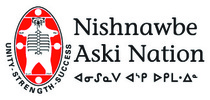
Based out of Thunder Bay, Nishnawbe Aski Nation (NAN) is a political territorial organization representing 49 First Nation communities within northern Ontario with the total population of membership (on and off reserve) estimated around 45,000 people. It represents the socio-economic and political aspirations of its First Nation members of Northern Ontario to all levels of government in order to allow local self-determination while establishing spiritual, cultural, social, and economic independence. Courtney has worked with NAN on the Collaborative Action on Childhood Obesity Initiative, 2010-2014.
White Buffalo Aboriginal and Métis Health Society
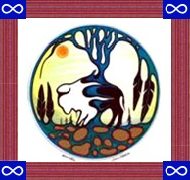
White Buffalo Aboriginal and Métis Health Society is a non profit society dedicated to the advancement and promotion of health and social well-being for Urban First Nations, Inuit and Métis (FMI) individuals, families and community; on local, regional and provincial levels. White Buffalo was established in 2003 and is located in urban Kamloops. Courtney has worked with the organization since 2015 on two projects (SSHRC / Sport Canada; United Way) related to physical activity, health and land-based skills (mainly sport, water skills and fishing programs for Indigenous youth).
http://whitebuffalosociety.ca
Wabano Centre for Aboriginal Health
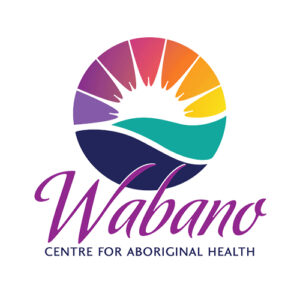
Since the early 1990s, the Wabano (Ojibwa for new beginnings) Centre for Aboriginal Health provides a wide range of medical clinics, social services and support, and youth programs for Ottawa’s 40,000+ Indigenous peoples. All services are based on implementing best practices for community health care and Wabano also incorporates the teachings, culture, and traditions of Indigenous peoples. Courtney has been involved with Wabano as a collaborator and a volunteer since 2010. He collaborated on several initiatives, including community health programs and local gardening and food security projects (Centre for Global and Community Engagement, Alex Trebek Innovation and Challenge Fund, the TD Leadership Fund).


